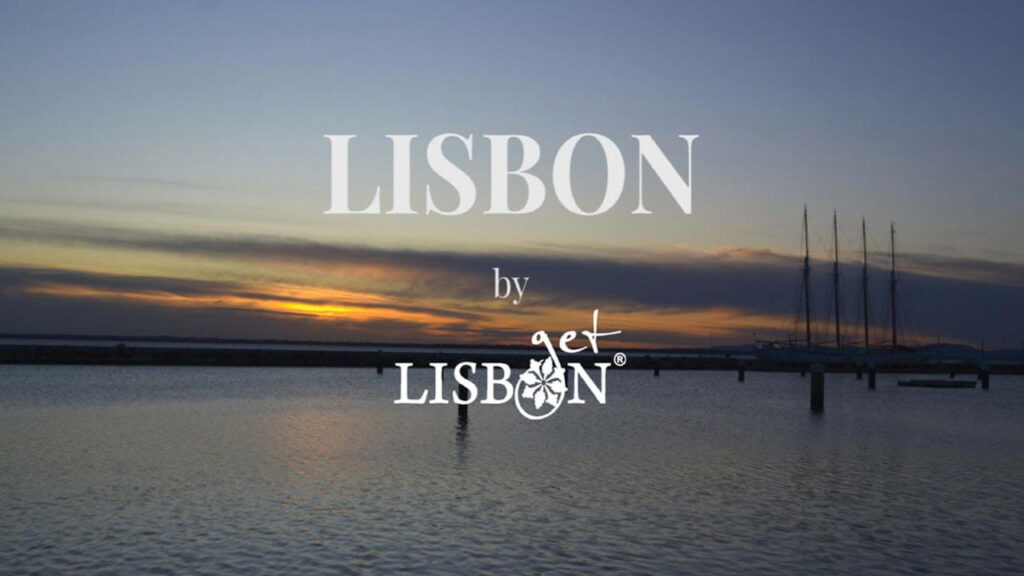Original article published on 28 February 2018
According to what the great realist writer Eça de Queiroz tells us in the Cozinha Arqueológica, let’s find out the DNA of the traditional flavours of Lisbon and its day-to-day dishes.
Lisbon’s gastronomic offer is particularly rich. The options vary from all kinds of spaces and flavours, from traditional food to signature cuisine. You can also savour the most diverse of the international gastronomy.
Mix of Influences and Tradition
The food habits and the traditional flavours of Lisbon fit in the Mediterranean gastronomy. Throughout the times, Lisbon was target of many and diverse influences that were wisely absorbed by the locals.
Olissipo, during the Roman Empire, was an important commercial port that exported preserved fish, salt and the appreciated Garum, a kind of seasoned fish paste, produced with the leftovers from the preserving industry.
The Arab presence of several centuries in the Iberian Peninsula brought great influences at all levels, including in gastronomy. It introduced products such as lettuce, pumpkin, lemon, orange, almond, fig, lupin beans, among others that are deeply rooted in Lisbon’s cuisine.
We cannot also forget that the fact that the Portuguese crossed the world, allowed them to be in contact with exotic products. Lisbon quickly adhered to the appeal of the strong aromas and flavours of the oriental spices. Pepper, nutmeg, cloves or cinnamon are, since the end of the 15th century, present in Lisbon’s recipes. But also, later, the sugar from Brazil replaced the honey and the unparalleled sweet-eggs from the convents wouldn’t be possibly made without this ingredient.
More recently, the flavours of Lisbon acquired other particularities, with the extinction of the convents and the activity of the intellectuals of the 70’s generation of the 19th century. Are you curious?
A City Rich in Natural Resources
Lisbon has always been a city rich in natural resources.
The river and the sea, rich in bivalves, molluscs, shrimp and fish were the protein base in the eating habits of people of Lisbon. Fish, fried or grilled, is still present, daily in the menus of the traditional restaurants. There are also quality seafood restaurants where the seafood lovers can indulge themselves with countless specialties. The importance of the fish is such that, despite being a seasonal delicacy, sardine is the folkloric symbol of the city.

On the other hand, Lisbon was surrounded by farms where fresh products were produced: vegetables, fruits, cereals, cheese, eggs and animals such as poultry, rabbits and small game meat. These products arrived daily to the city by the hand of the saloios, inhabitants of the rural world that produced them and commercialized them there.
The access to meat wasn’t cheap and the poorer layers of the population transformed cheaper and less appealing parts, such as viscera, in ingredients of a true delicacy. This is the case of iscas com ou sem elas (liver with or without potatoes), dobradas (stomach), kidneys, cow hand, osso buco (cross-cut veal shank) or pork ear, appetisers that we can find in the most traditional taverns.
This type of appetisers and other dishes results from the profitability of the available products. The utilisation of the shredded codfish in dishes such as Pataniscas or Pastéis de Bacalhau, Bacalhau à Brás or Meia desfeita, comes from the Galicians, owners of very popular taverns in Lisbon throughout the 19th century. The term “fazer render o peixe” (to make the fish profitable) certainly has its origin in this behaviour, with a single fish fillet, we can make many pastéis (sweet or savoury stuffed flour dough).


Sweet Toothed Convents
The quantity of convents in the city of Lisbon has provided a wide variety of another kind of gastronomic pleasure: cakes, pastries, marmalade, jams, broas, ferraduras, biscuits or the world famous pastéis de nata.
With the extinction of the religious orders in 1834, the convents were closed and little by little, the recipes they detained were divulged, giving rise to small businesses.
Today, in every corner of Lisbon we can find patisseries where shop windows are filled with cakes, with or without cream, that whet our appetite.
Intellectuals and Gastronomic Culture
The generation of intellectuals of the 70’s of the 19th century started drifting our attention to the pleasures of the gastronomy. Their tertúlias (literary assemblies) were held, invariably, around a table in a café or restaurant. Being regular visitors of all kind of establishments, from the most traditional bars to the most exquisite restaurants of hotels, they observed the richness and diversity of what’s on offer and realised their cultural importance.
Writers, painters and poets were sensible to this particular aspect of the culture and each one linked his name to a dish. The poet Bulhão Pato, for instance, prospered the famous clam sauce, whose authorship actually belonged to João da Matta. He was, at the time, the famous owner of many remarkable restaurants and a complimented chef by the poet Cesário Verde in the poem Esplêndida, from the book O Livro de Cesário Verde.
Our local gastronomy is a mix of influences and tradition. Lisbon, a place of celebration of flavours, smells and emotions. Come and have a taste of the traditional flavours of Lisbon!
| Never miss another article | Subscribe here |

The project getLISBON has been very rewarding and we want to continue revealing the singularities of fascinating Lisbon.
Help us keep this project alive!
By using these links to make your reservations you’ll be supporting us. With no extra costs!
• Looking for a different experience? We can create a customised itinerary based on your interests. Contact us!
• Or if you prefer tours and other activities in various destinations, take a look at GetYourGuide.
• Save time and money with a flexible Lisbon Card!




